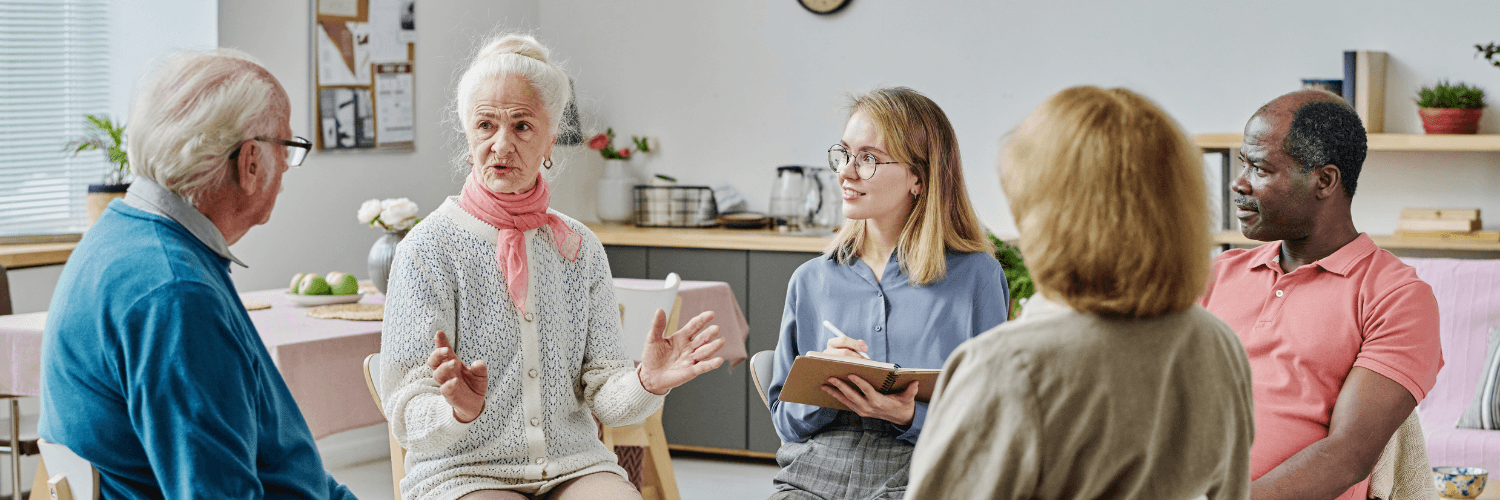In an increasingly diverse world, providing culturally sensitive care for elders is of paramount importance. As our population continues to grow, it becomes crucial to recognize and honor the diverse backgrounds, beliefs, and values of seniors.
Cultural diversity encompasses a range of factors such as ethnicity, language, religion, traditions, and customs. Recognizing and appreciating these differences set the foundation for providing culturally sensitive care. By embracing diversity, we create an inclusive environment that respects and values each elder's unique identity.
On the other hand, effective communication is essential for providing quality care. Language barriers can hinder understanding and create frustration. It's vital to engage interpreters or bilingual staff members when necessary to ensure clear communication. Moreover, learning a few basic phrases in an elder's native language can convey respect and foster connection.
Every culture has its own set of beliefs, values, and practices. Respecting and accommodating these cultural nuances is essential. For example, dietary restrictions, religious practices, and traditional healing methods should be acknowledged and integrated into care plans to promote the well-being and comfort of elders.
Culturally sensitive care involves recognizing the importance of family and community involvement. Elders often find solace in the presence of loved ones and familiar cultural practices. By involving families and community members in care decisions and activities, we create a support system that enhances the elder's sense of belonging and emotional well-being.
Healthcare professionals and caregivers should receive training and education on cultural competency. These include developing awareness, knowledge, and skills to deliver culturally sensitive care. Organizations should invest in ongoing training programs that address cultural biases, and stereotypes, and provide practical strategies for implementing culturally sensitive care practices.
Culturally sensitive care for elders plays a vital component in promoting their well-being, dignity, and quality of life. By practicing respect, understanding, and inclusivity, we can create an environment where elders feel valued and understood. Embracing cultural diversity enriches the caregiving experience, facilitating stronger connections and better outcomes for our cherished elders. As a community, let's strive to provide care that embraces the unique tapestry of human experience and celebrates the wisdom and contributions of older adults from all walks of life.
With care always, Dee & Vee
